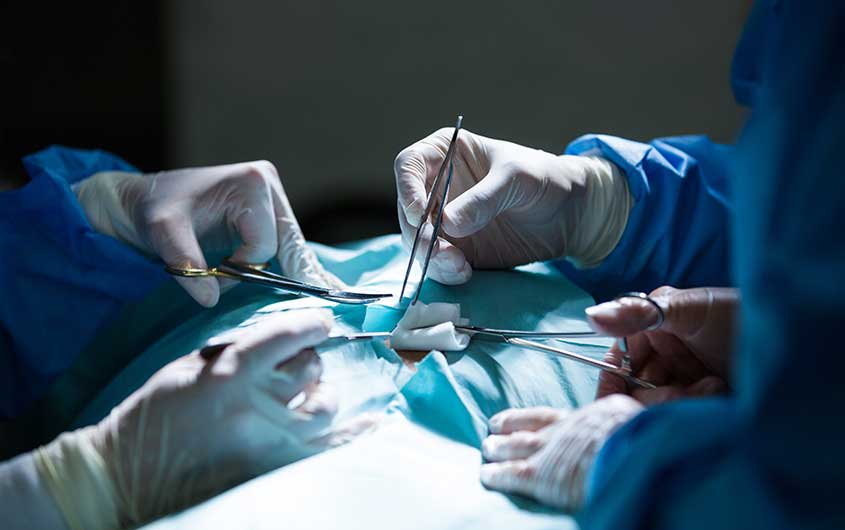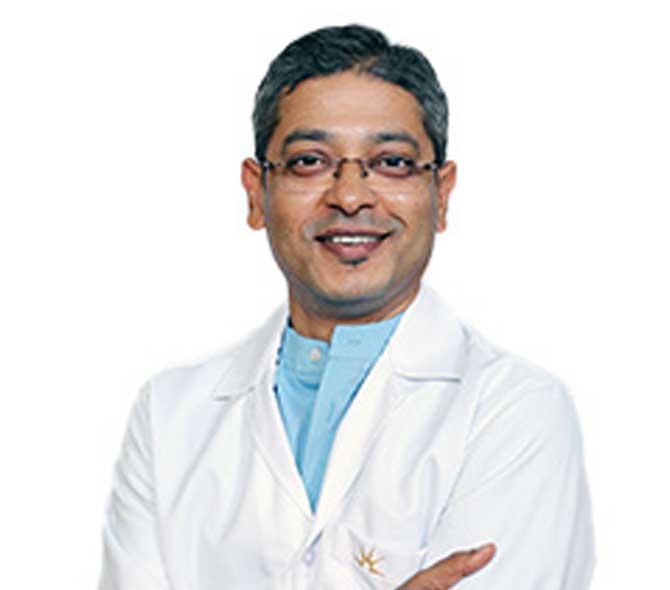Dr. Basant Mahadevappa
HOD - Department of HPB & Liver Transplant Surgery HCG Cancer Centre, Bangalore
+91 9740742752 || info-admissions@hcgcare.org

The Fellowship in Hepatobiliary (HPB) and Liver Transplant Surgery is a highly specialized postgraduate program designed to provide advanced clinical and surgical training in complex liver, pancreatic, and biliary diseases. This fellowship equips surgeons with the knowledge and hands-on experience required to perform both living donor and cadaveric liver transplants, along with complex HPB surgeries. Participants gain exposure to state-of-the-art surgical techniques, minimally invasive procedures, organ preservation methods, and multidisciplinary perioperative care, preparing them to excel as leaders in liver transplant and HPB surgery.
Mentorship: Fellows benefit from mentorship under experienced uro-oncologists and robotic surgeons, who guide participants in both surgical skills and clinical decision-making. This structured mentorship ensures trainees develop surgical precision, clinical judgment, and research competency while staying up-to-date with emerging trends in uro-oncology.
This fellowship provides a globally recognized, structured curriculum combining advanced HPB surgical training with real-world transplant experience. Participants gain comprehensive exposure to living donor and cadaveric liver transplantation, complex hepatobiliary surgeries, and minimally invasive techniques. The program emphasizes clinical excellence, research, and multidisciplinary care, preparing graduates to become leaders in liver transplant and HPB surgery while improving patient outcomes and advancing surgical innovation.
Graduates of the Fellowship in HPB & Liver Transplant Surgery can pursue careers as:

HOD - Department of HPB & Liver Transplant Surgery HCG Cancer Centre, Bangalore
© 2025 designed by GHA